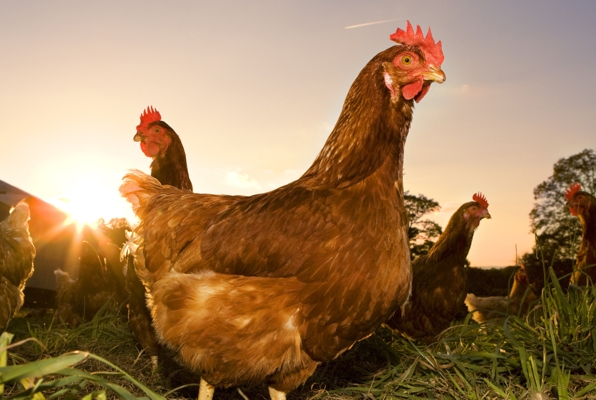As I suspected, many ordinary Americans don’t understand the dangers of the avian flu outbreak, the danger of other species getting infected, or the mechanism by which the flu can be transmitted to humans. They trust Trump, over the CDC…
Results of a recent survey of ordinary Americans shocked researchers from the City University of New York (CUNY) Graduate School of Public Health and Health Policy. The team wanted to find out how aware interview subjects were of the dangers of the avian flu, how it spreads, and what they should be doing to help fight it.
What they did
The team asked key questions to a group of subjects carefully selected to mimic the composition of the overall US population. And they talked to more people than they normally would – a technique called oversampling – to get the most accurate reading they could on the issue.
What they found
The poll’s key findings were clear:
- Over half (53.7 percent) did not know that pasteurized milk is safer than raw milk.
- Almost three of four respondents (71.3 percent) did understand that cooking meat at high enough temperatures could eliminate harmful bacteria and viruses like H5N1 (‘avian flu’).
- Over a quarter (27 percent) of respondents said they were unwilling to modify their diet to reduce the risk of exposure to the virus.
- More than one in four respondents (28.7 percent) expressed reluctance to take a potential vaccine for H5N1, even if advised by the CDC to do so.
- Participants who described themselves as Republicans or Independents were significantly less likely than Democrats to support either vaccination or dietary modifications.
- Rural Americans, many of whom are more likely to work or live in or near livestock industries, were less likely to accept public health measures, including vaccination and dietary changes, compared to their urban counterparts.
The takeaway
“These attitudes could pose a serious obstacle to containing the virus and preventing a major public health crisis,” says Assistant Professor Rachael Piltch-Loeb, the survey report’s Lead Author.
“Working closely with agricultural leaders, farm communities and food processing companies will be critical,” warns Senior Scholar Kenneth Rabin. “And the fact that most of the agricultural workers who are at direct risk of exposure to the bird flu virus may be undocumented could seriously jeopardize efforts to track and control the spread of infections.”
My take
The survey results were initially presented in the form of an editorial in the American Journal of Pub-lic Health in that forum, the team expressed itself and its findings in a less clinical way they it did in the official ‘results’. They collectively warned that, ‘public ignorance and apathy towards bird flu (highly pathogenic avian influenza, or HPAI) could pose a serious obstacle to containing the virus and preventing a larger-scale public health crisis.’
It’s more than a little disappointing – not to mention disquieting – to discover that the Trump ad-ministration’s messaging on the bird flu crisis seems to carry more weight among Americans, espe-cially those directly exposed to the threat, than the warnings of the Centers for Disease Control (CDC).
The situation is already bad. And it appears the potential is there for it to become s great deal worse before it gets better…
~ Maggie J.


